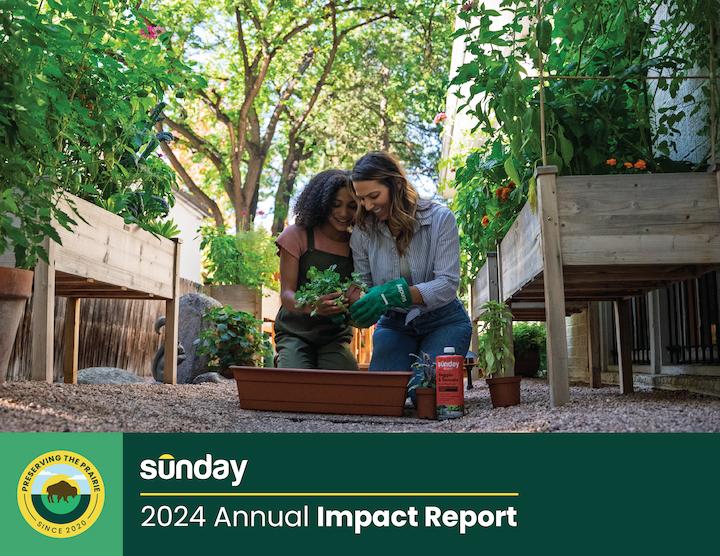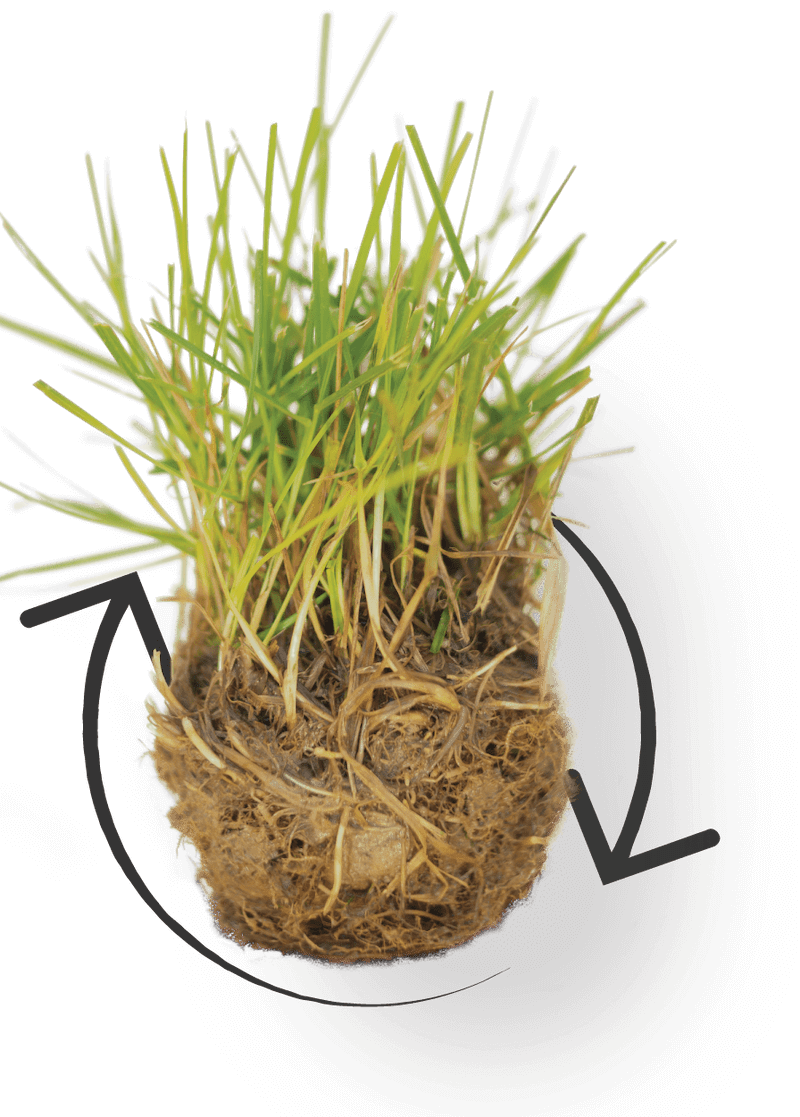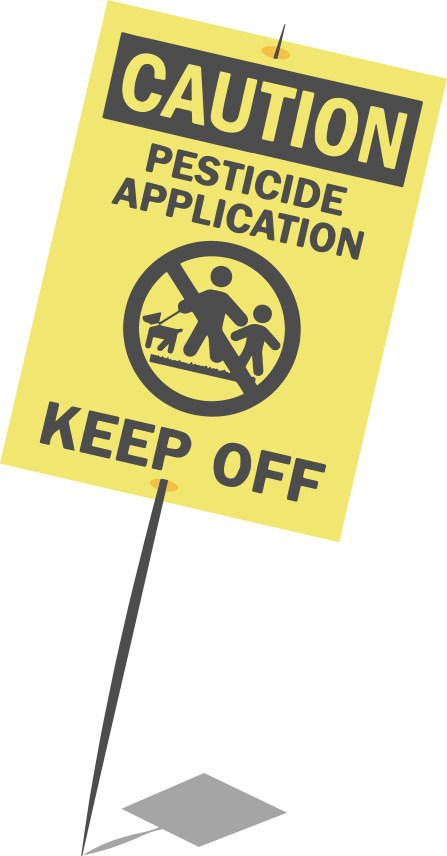
Annual Report
Real people. Real yards. Real impact.
Take a look at the impact that we, our customers, and our partners made over the last year and how we're working to take "better" to new heights.
See our 2024 impact reportPrevious impact reports:
The Sunday
way
Support the whole ecosystem for a beautiful lawn that's full of life.
With guidance and custom nutrients, we help you cultivate rich, living soil for a healthy lawn that's more self sustaining. Instead of brute force, we use cutting edge plant science to get back to how nature is supposed to work.


The old way
Growing is in your DNA, but those big sacks of chemicals aren’t.
Traditional lawn care is an antiquated, brute force approach that lays down 90,000,000 pounds of pesticides each year*. It makes soil and grass dependent on chemical inputs. Good for their business. Bad for your lawn.
*US Fish and Wildlife 2012
Lawns are kind
of a big deal
Buckle up for some lawn facts:
With 40,000,000 acres of lawn and turf in the United States, grass is technically our third largest 'crop'.
- 40 million acres:
lawns & turfgrass - 5 million acres:
all organic farms - 2 million acres:
Yellowstone Nat. Park
You wouldn’t crop dust your home, but compared to industrial farms lawn care can use 10X more pesticides per acre.
birth defects
carcinogens
birds or bees
Your little plot of land is more than a great place to relax. It’s home to the birds, the bees, and, well, a whole ecosystem.
Giving back
We go beyond your backyard to help build a better planet.
A portion of every sale helps like-minded causes connect people to nature, conserve resources, and preserve important ecosystems, like tallgrass prairie.
